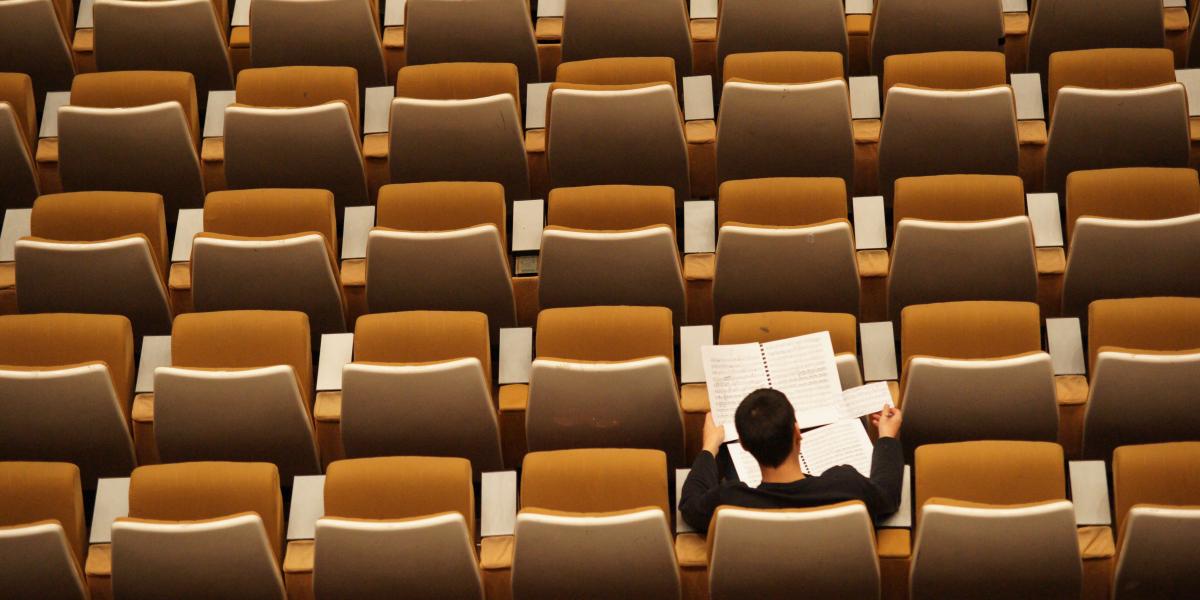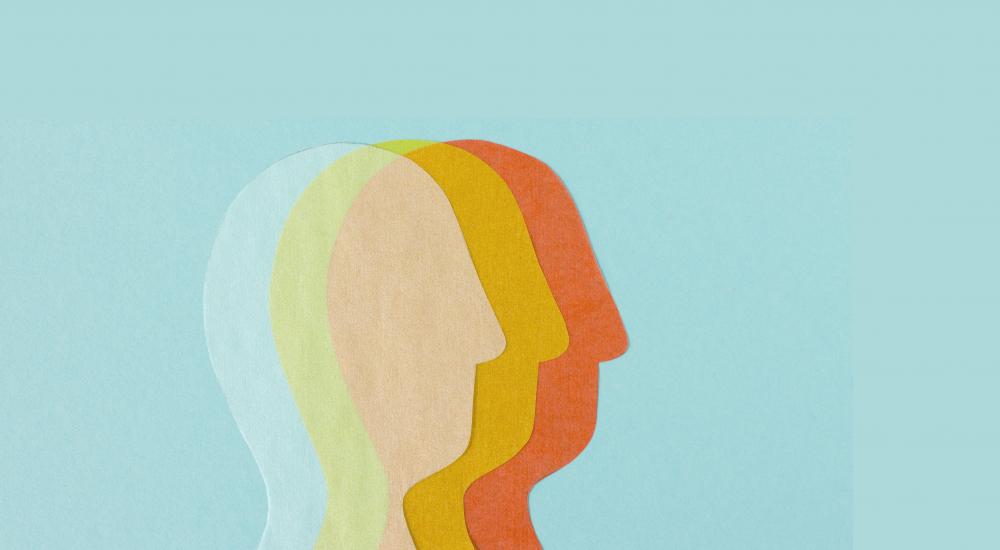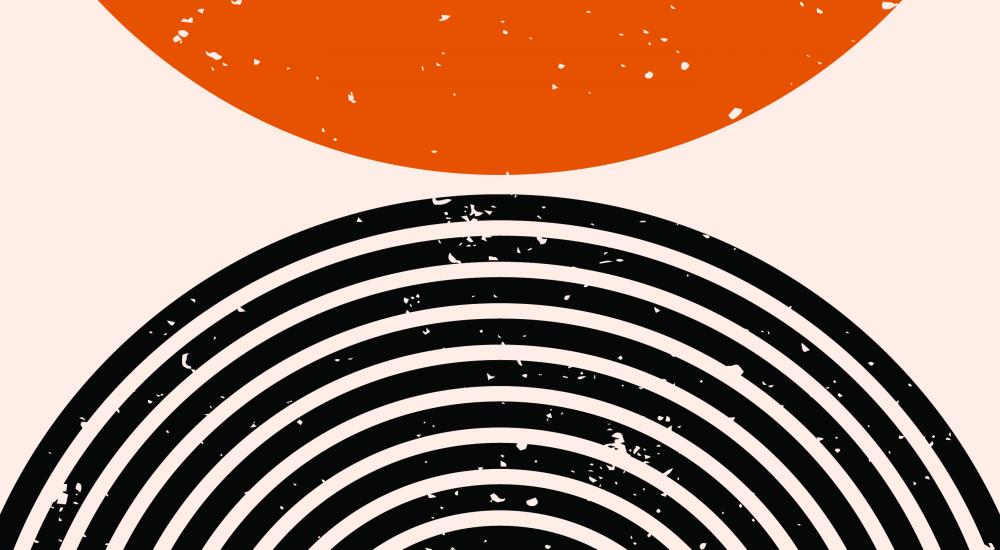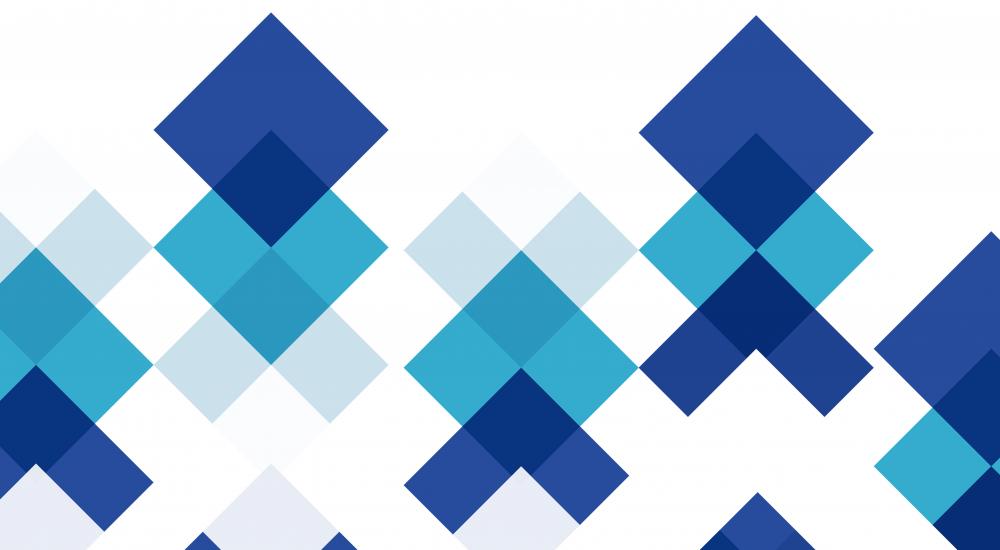Social Justice Pedagogy: A Conceptual Framework for All International Educators

Over the past few years, events such as the COVID-19 pandemic, an economic downturn, and widespread Black Lives Matter protests have increasingly turned public attention to issues related to systemic racism, immigration and refugee crises, climate change, voting rights, health care equity, and food insecurity. In higher education, the concept of social justice has become an integral part of the diversity, equity, and inclusion (DEI) conversation—an area inextricably linked with global learning.
International educators strive to build understanding and respect among people with different cultural backgrounds to foster peace, security, and well-being throughout the world. In the current moment, professionals in the field are especially well positioned to bridge the connections between global learning and social justice pedagogies, both in and out of the classroom. By making these connections, educators equip students to recognize and address structural barriers, institutional biases, and power imbalances inherent on campus and in society at large.
“Both global learning and social justice have a place across the curriculum because they reflect the contemporary society that we live in,” says Chrystal A. George Mwangi, PhD, associate professor of higher education at George Mason University. “We live in a globalized society, and we live in a society that is steeped in injustices and inequities. Both constructs are really important to infuse throughout the curriculum, and without doing that, we’re doing a disservice to our students. Social justice issues have always been present, but we haven’t tied them back directly [to global learning].”














